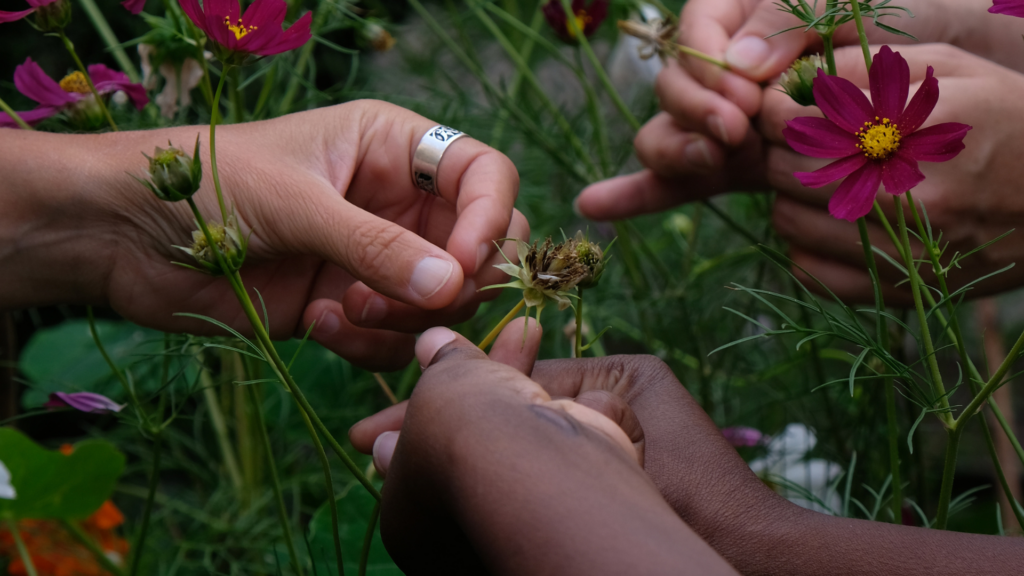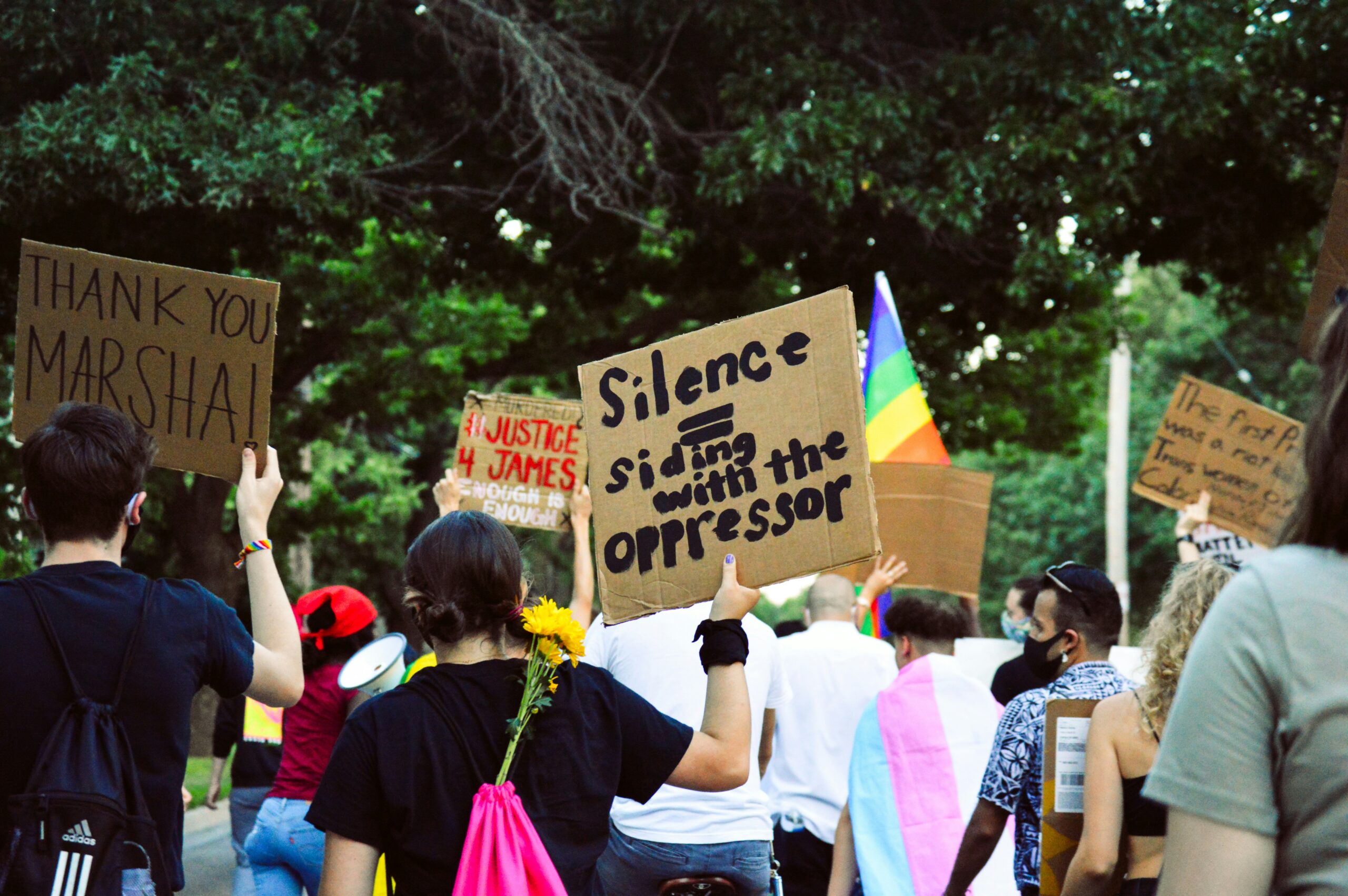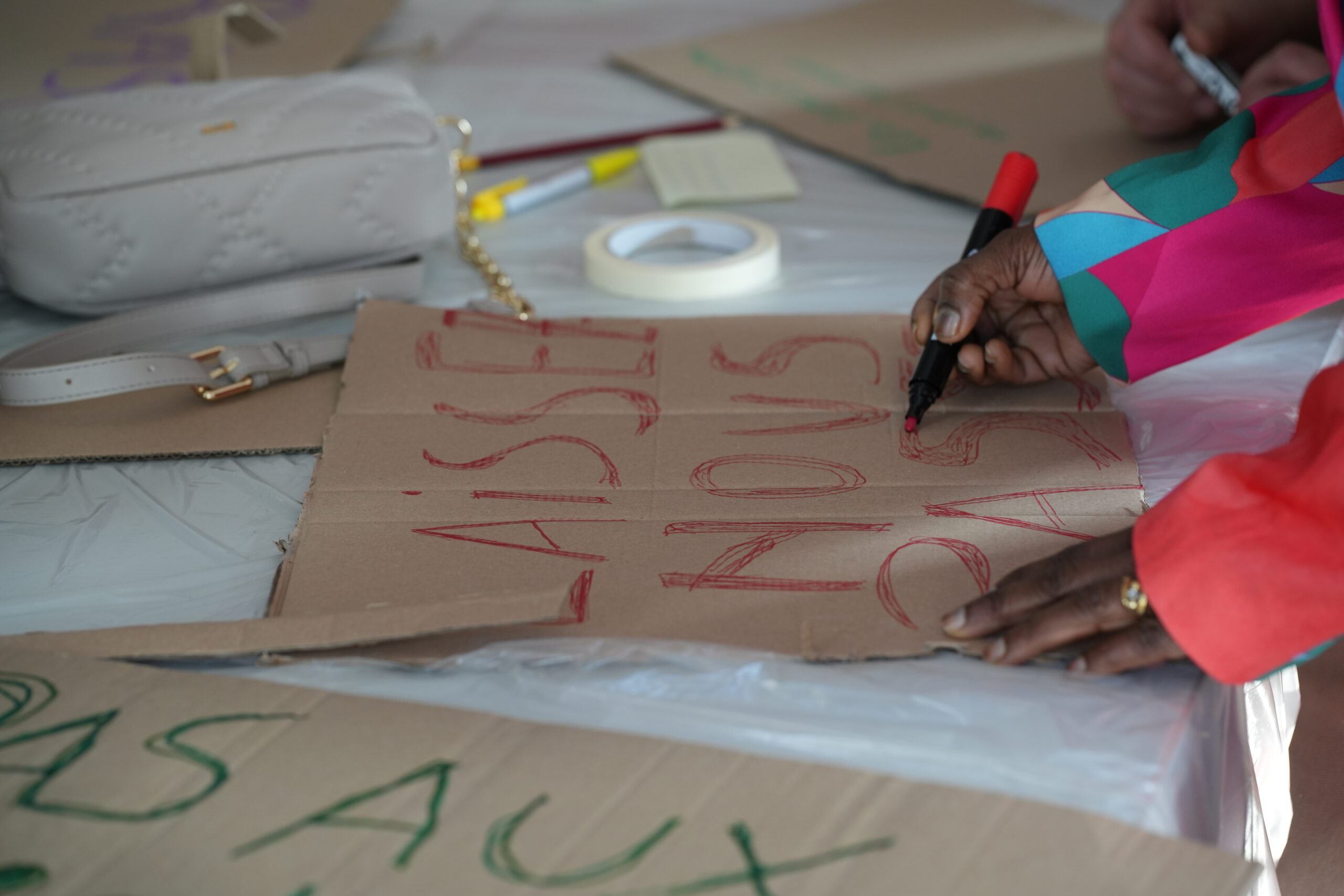
The challenges posed by a global society are complex and interconnected. Sexism, racism and global warming are just a few examples of themes that raise increasing questions. Decolonial ecofeminism seeks to respond to these difficulties. But what is it, decolonial ecofeminism? And why is it so important?
A feminist marriage
Decolonial ecofeminism has its origins in the marriage of two concepts. Ecofeminism exposes the similarities between women’s oppression and nature abuse. The dominant capitalist ideology would not only cause environmental degradation, but also sexism and other forms of social oppression. Decolonial feminism, in turn, criticises the dominance of western feminism, showing how the focus on the problems of (white) women in Europe overshadows other types of oppression.
“Ecofeminism exposes the similarities between women’s oppression and nature abuse”
Epistemic racism
Both theories look towards epistemic racism as the cause of the problems raised. This kind of racism occurs when individuals or communities look down on all knowledge acquired outside their own paradigm. For instance, they only take science from their own society as truth and regard cultural practices, religions and sometimes people from other areas as inferior.
Colonisation
A prime example of epistemic racism is colonisation, where western settlers went to distant shores to ‘civilise’ and ‘develop’ the population. In reality, the population was exploited and nature was abused to the advantage of Western countries. Women, people of colour and indigenous people were disproportionately affected. The link between nature exploitation, sexism and racism is clearly highlighted here. Therefore, decolonial ecofeminists also advocate for more inclusive policies, which clearly recognize and link the destruction of nature, oppression of women and oppression of black people.
More information?
The marriage between ecofeminism and decolonial feminism is a recent take on feminist theories. More and more researchers, activists and feminists are working with this concept. Want to learn more about the subject? You can find several resources in our information centre. You can view our online catalogue here or make an appointment to visit our physical centre at docu@amazone.be.

Sara-Lynn Milis
Projects & resource centre


